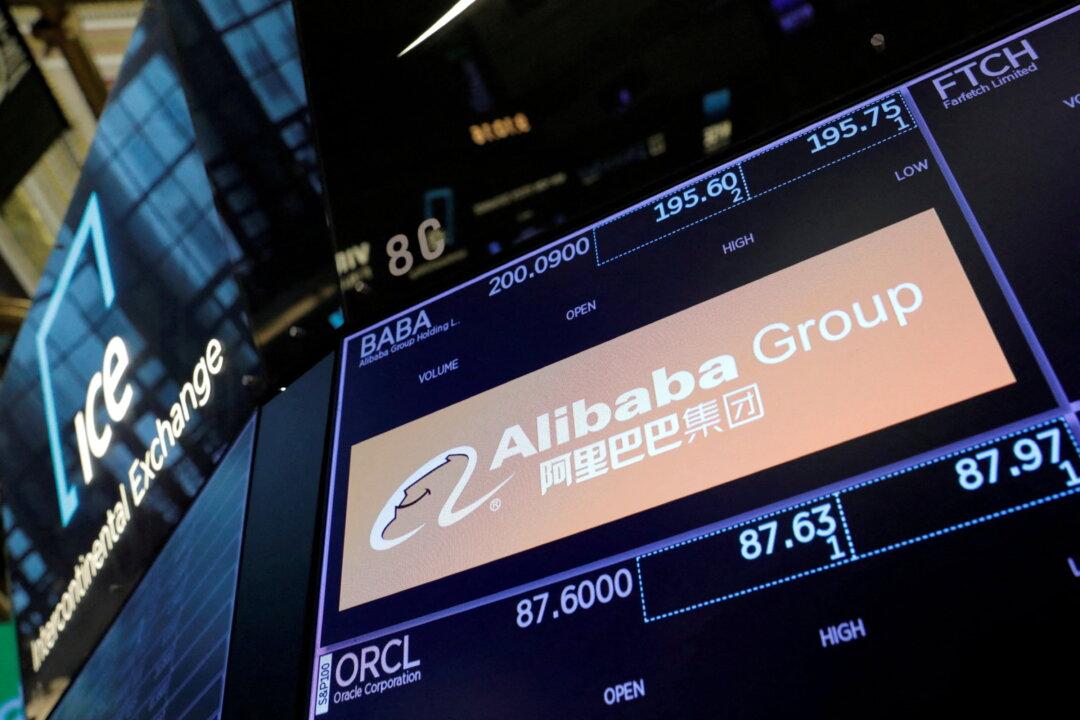The U.S. audit regulator signed an agreement with its Chinese counterparts on Aug. 26, building toward an arrangement in which U.S. officials will be able to inspect the records of accounting firms in China and Hong Kong.
The Chinese Communist Party (CCP) has been resistant to attempts by U.S. regulators to gain access to audit papers of Chinese companies listed in the United States, but it now appears to be yielding to the effort.




